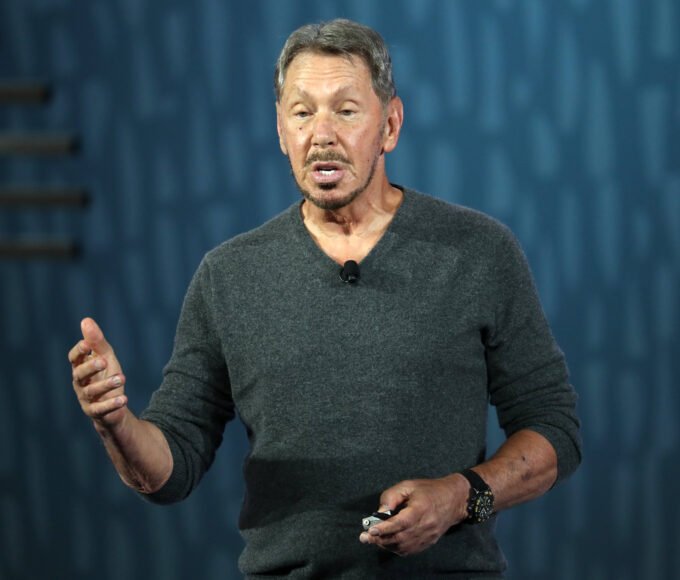Ovens are vital products for foodservice operations. The capacity to consistently prepare or roast meals is essential for every kitchen. Commercial ovens are workhorses in nearly every restaurant kitchen after creating a range of appetizers from roasts. If you are working in a professional environment, a commercial oven is used to heat and bake goods. Commercials are often seen in eateries, bakeries, and cafeterias. This is because professionals often have the capacity and power to handle large quantities of a variety of various types of food in a short period. Different commercial may be used to meet multiple requirements, including a deck, combination, and pizza. They may be fueled by gas, wood, or electricity, typically cooking by convection.
Cost
For an industrial oven to work, some form of power is required. An electric commercial oven is faster and cleaner than a gas oven. They are less expensive to purchase, but their high energy consumption makes them more costly to run.
The initial cost is more to create an industrial gas, but operating gas is cheaper since gas is less expensive than electricity. Class A gas, unlike electric industrial, are required to include explosion relief because of the indirect or direct nature of their firing. Explosion relief complicates and increases the cost of its installation.
Additionally, gas ovens are more convenient since they are more accessible. Gas service is not available in the majority of places. An electric industrial amp draw must be considered because not all facilities have enough power to run the stove. The cost of a new power supply might be prohibitive for specific users.
Maintenance
Equipment manufacturers provide a checklist of suggested daily maintenance chores to keep commercial ovens running efficiently. Check all safety systems, controls, and gauges, then carefully follow the startup instructions.
Industrial ovens generate a lot of grime because of the high temperatures they produce. Debris must be removed from heating elements, fans, and ducts regularly. Check the flame duration and evenness of gas distribution on gas burners in industrial.
Inspectors from the NFPA are available to inspect regularly.
Precautions to Be Taken
Compliance with NFPA 86 guidelines is the most straightforward approach to assure the safe functioning of an industrial oven. Preventing major injuries and mishaps with an industrial begins with thorough training, frequent maintenance, and correct usage.
Manufacturers provide detailed instructions on caring for their items, including transporting them and cleaning them. If a substance is combustible or volatile, it must be handled in a certain way to ensure its safety. Each category has its own set of rules to follow.
Safety criteria might include:
The region around the site of the explosion:
In the event of an oven explosion, releasing the oven’s pressure is essential. One-twentieth of the oven’s internal capacity must be used for the relief area.
Ventilation with positive pressure:
In addition to the recirculation fan, there is an exhaust fan.
Safety Airflow Switch:
The oven will not work until the exhaust fan motor runs, and there is sufficient air supply.
The timer for purging:
Flammable vapors and fumes are expelled before the heating element is turned on.
Form for ensuring safety:
Oven safety forms are often connected to most industries. They include information about the sorts of materials being cooked, how much is heated, and operational temperatures and exhaust rates.
This feature is called “High Limit Control.”
These are set at a higher temperature than they can handle. When the becomes too hot, a switch is tripped, and it shuts off.
Contactors:
Another fail-safe component is a contactor. Fouling is possible. With backups in place, they will automatically shut off if it becomes too hot.
Volatility
It costs extra to buy an explosion-proof than a Class A or Class B. NFPA 70 provides comprehensive guidance on the design and operation of explosion-proof.
An enclosure must be able to contain an explosion and prevent vapors, fumes, dust, or fibers from igniting to receive an explosion-proof rating. Enclosures that are “explosion-proof” according to the NEC, ANSI, and NFPA can control a blast and prevent substantial damage.
The operating temperature of the shall not exceed the combustion temperature of any gases or dust present in them at any given time.
National Association for the Prevention of Fire
An extensive collection of rules, regulations, and restrictions for all industrial and commercial equipment is maintained by the NFPA and must be adhered to by all ovens.
Read More
https://trendytarzen.com/the-best-anime-pfps-profile-best-collection/
https://trendytarzen.com/top-10-aesthetic-anime-pfp/








Leave a comment